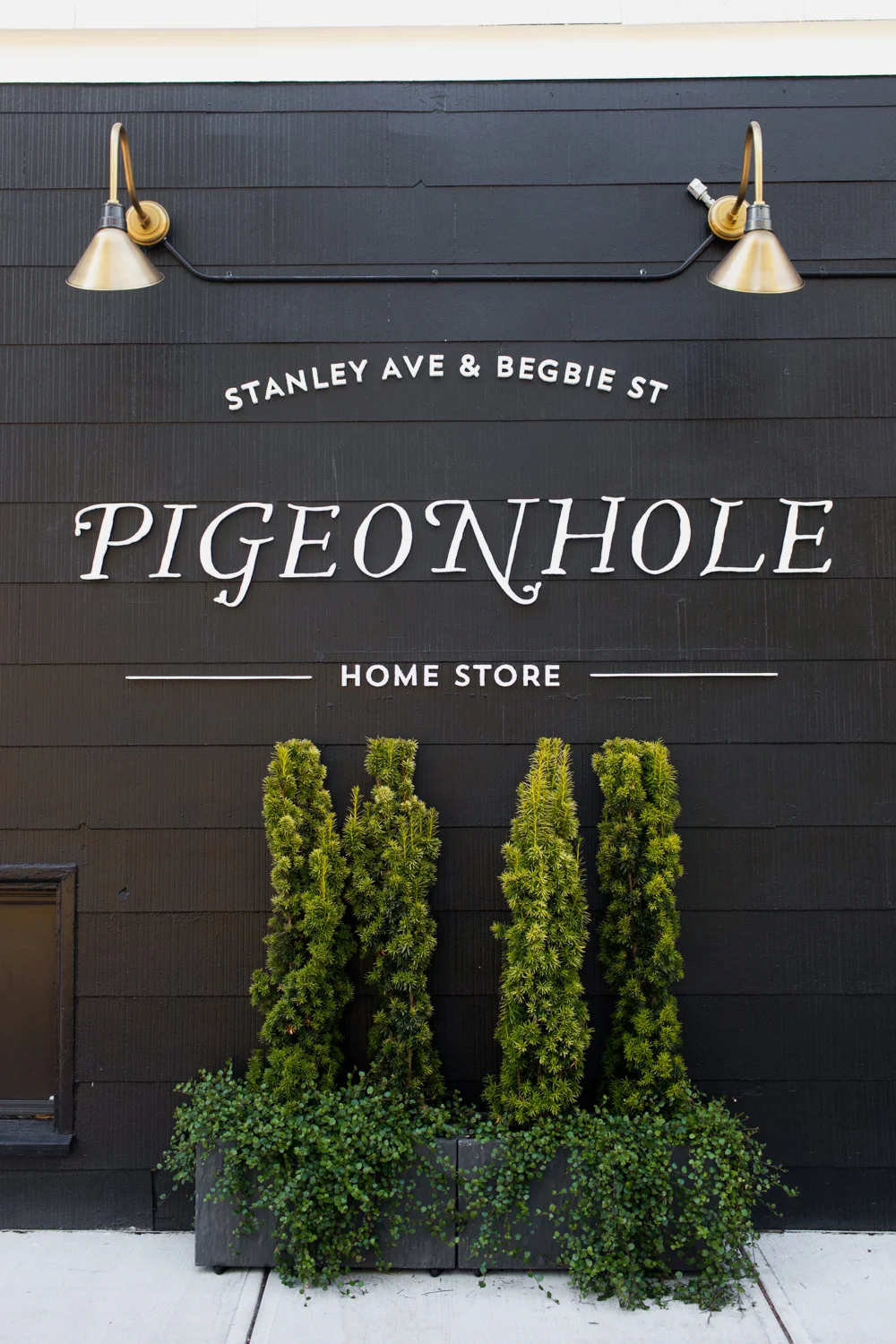A friend recently presented me with a Harper's Bazaar from Britain and said, "You have to read this article about Nouveau Peasants, it pretty much describes the life you dream to lead". She wasn't far off. This is what I gathered from the article. The Nouveau Peasant makes her own jam, decorates her heritage home with antiques and objects that hold meaning. She enjoys trudging through the mud in her wellies and overalls after her dogs. She wears little makeup and rocks disheveled hair. She spends hours in her kitchen preparing roasts, encourages her friends to craft and takes pride in a life inspired by the past. The core of the article discusses a group of young Brits who identify with this lifestyle as both chic and more appealing than aspiring to the status quo of a rich life. I'd like to think that more and more of us are looking to the past for a better example of how to live.
There is definitely a movement towards dismissing the consumerism of filling brand new houses with brand new things. Things that likely hold little meaning. Perhaps they do to some. I guess I just have different dreams of living in an old house filled with objects that mean something to me. And if I'm lucky, dogs, babies and a miniature horse living in the garden.
I suppose my point in discussing this idea of the Nouveau Peasant is to shed light on an idea that's becoming more and more present in our young lives. Something that the hipsters, bohemians and Nouveau Peasants can all agree on. That although technology is making our lives easier, more connected and no doubt, better, there is a romanticism in the past that we're all fascinated by and want to hold onto it. We grew up in the era of the internet, name brands and suburban sprawl and although we all love our iPhones and MacBooks, we look to our grandparents for inspiration on how to truly live well.




